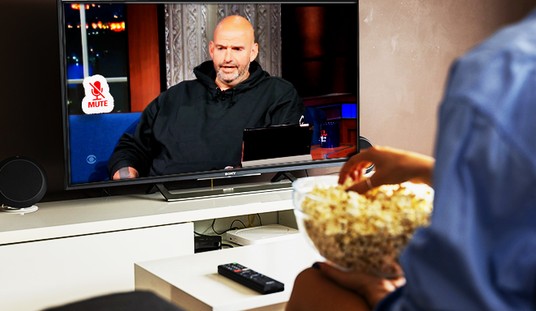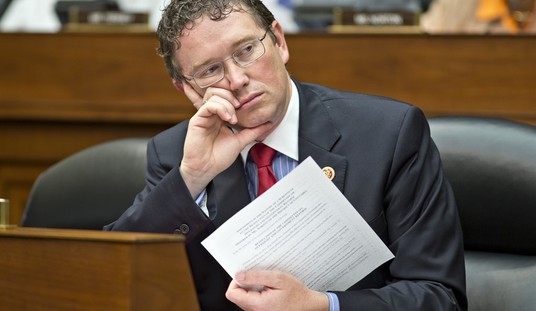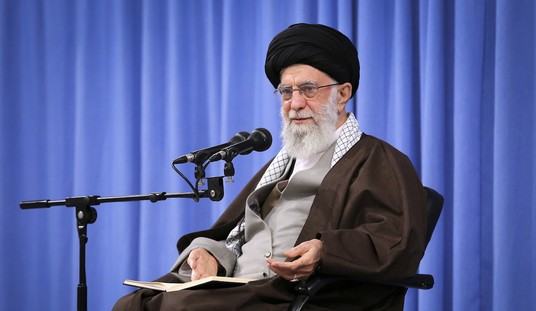Lots of adjustments are being made in the corporate world in response to the coronavirus. Conferences are being canceled, travel is being restricted, and some companies are telling employees to work from home instead of coming into the office.
It all makes sense, of course, if we think about it. Why place yourself in an enclosed environment with lots of other people, particularly in areas that are reporting outbreaks of COVID-19, if you don’t have to? Why take the chance of being exposed to the coronavirus if there is an alternative? Twitter is now telling employees in Hong Kong, Japan, and South Korea to work from home. As a matter of fact, Twitter is telling all of its 5,000 employees around the world that it is not mandatory but “strongly encouraged” that they work from home. Twitter has banned all non-essential business travel and events for its employees, too. For example, Twitter has pulled out of its participation in the South by Southwest media conference in Austin, Texas. Twitter’s corporate leadership spread the word in a blog post to employees. Twitter has employees in 35 countries around the world.
Twitter’s head of human resources Jennifer Christie said: “Our goal is to lower the probability of the spread of the Covid-19 coronavirus for us – and the world around us.”
The post also highlighted that Twitter has been developing ways to work from home for some time: “While this is a big change for us, we have already been moving towards a more distributed workforce that’s increasingly remote. We’re a global service and we’re committed to enabling anyone, anywhere to work at Twitter.”
In the case of Twitter, chief executive Jack Dorsey has long supported remote working and last November he announced he would live in Africa for six months each year. The move to work from home now is to protect employees from contracting the virus as well as to help prevent the spread of COVID-19.
Not everyone can work from home, though, and in those cases, extra precautions are being taken.
The social media giant has said that for employees who do prefer to work in the office or whose jobs necessitate it, the offices will remain open but the real estate and workplace team will be working to deep clean and sanitize office spaces and post visual reminders for personal hygiene best practices, the company said. They will also be providing pre-packaged, pre-composed and pre-plated food options for employees in the office.
Other companies are making similar decisions.
Other leading technology companies, including Facebook and Google, have postponed or cancelled conferences in the US. Facebook has also joined Twitter by pulling out of South by Southwest.
Staff at Google’s European headquarters in Dublin will work from home on Tuesday as the company tests its preparedness for a potential outbreak in Ireland, but most of the 8,000 workers are expected to return to their desks on Wednesday.
At the same time companies, including telecoms operator A&T and banking giant Citigroup, have restricted international travel, especially to Asia.
On Monday, CNN sent out a memo that places restrictions on employee travel in response to the coronavirus. Normal news and sports coverage will continue and the network’s international operations have their own restrictions in place.
Jeff Zucker, chairman of WarnerMedia News and Sports, wrote to employees on Monday that they would ensure that staffing needs are met for coverage of major upcoming political events, debates, NBA and NCAA coverage, but will “limit any participants that are not absolutely critical to getting our content out or meeting basic revenue-generating needs.”
Zucker’s memo followed a wider announcement from WarnerMedia on travel restrictions. Zucker wrote that travel between continents will be limited to “only the most necessary, business-critical need, and must be approved in every instance by me.” He said that domestic travel in the U.S. should be done “only if absolutely necessary,” and that internal meetings “should be conducted by phone or via teleconference.” He said that meetings or gatherings that can be put on hold “for the time being or canceled altogether, should be.”
Zucker wrote that “while some of these protocols may seem inconvenient, they are being taken out of an abundance of caution to keep all of you safe. It is unclear how long these restrictions will remain in place, but we will continue to communicate regularly as the situation both domestically and globally changes.”
Precautions are being carried out in other settings – like universities and colleges. At Rice University in Houston, for example, a group of employees and students were asked to self-quarantine because of a Rice employee’s possible exposure to the coronavirus while on overseas travel. The university is still open and is following the guidance of Harris County Public Health.
The staffer was briefly on campus on Feb. 24 and 25. A group of people including research scientists, postdoctoral fellows and doctoral-level graduate students has been asked to self-isolate as a preventive measure, said Jeff Falk, a Rice University spokesperson.
Those people are staying off the main campus, Falk said.
In a statement Sunday morning, Harris County Public Health said it was conducting an infectious disease investigation.
“The threat of COVID-19 to Houston and Harris County remains low and there is no need for the public to take additional precautionary actions at this time,” the county said.
A giant energy conference has been canceled in Houston due to the coronavirus. The annual CERAWeek conference is attended by thousands of energy sector business leaders and employees from around the world. It was scheduled for mid-March this year. More than 5,000 delegates were expected to attend. This brings into play the service industries that suffer economically from corporate decisions. Hotels, convention centers, food services, and transportation services (like cab drivers) are all feeling the effects.
Common sense measures are necessary at this time, as government and private sector organizations work to keep the spread of the disease to a minimum. The question of how long all of this continues is still unknown as we don’t have the answers on how long or how widespread the coronavirus disease will be. The uncertainty is what makes people panic, not concrete actions and precautions.








Join the conversation as a VIP Member